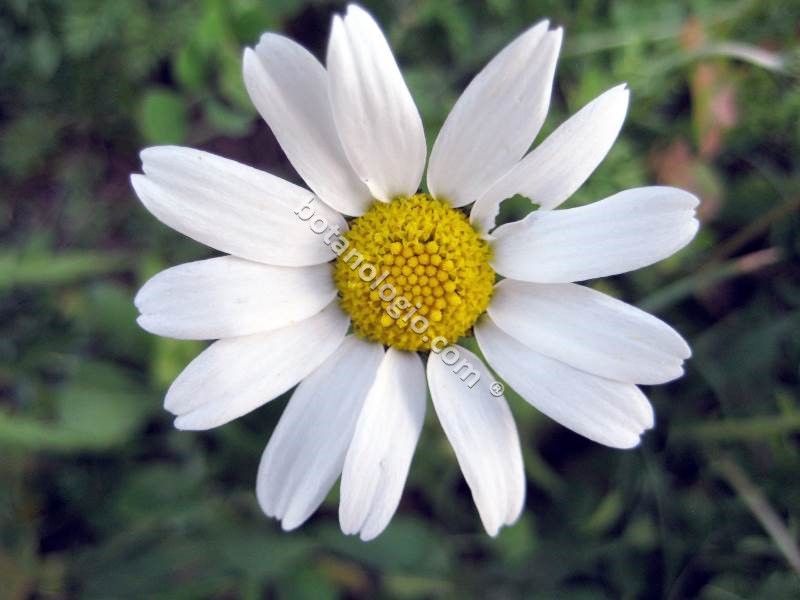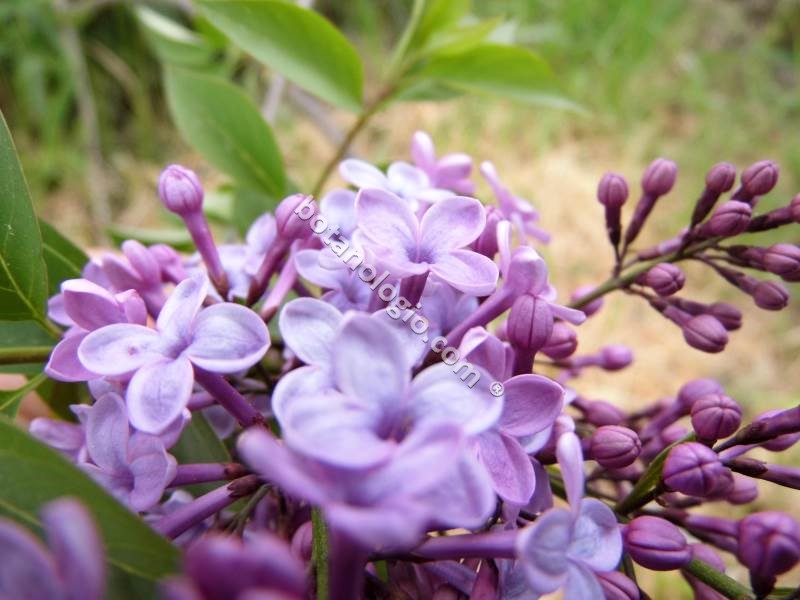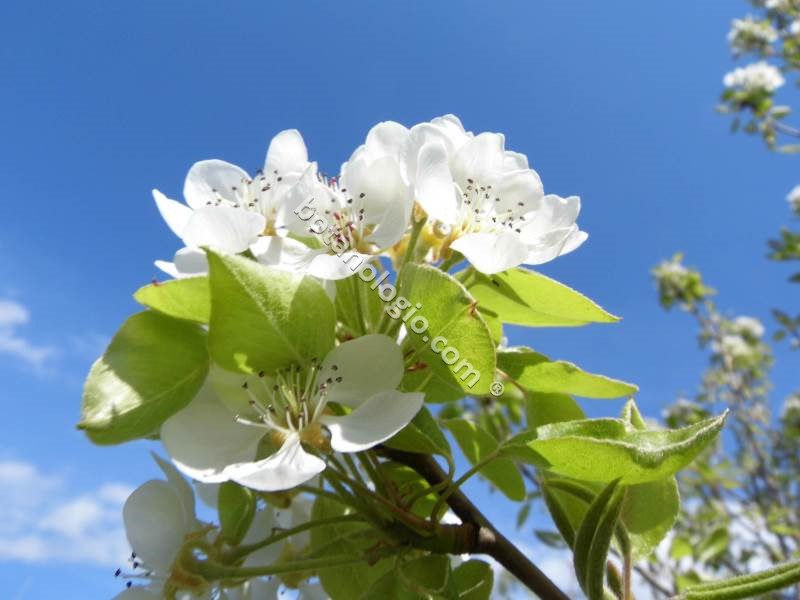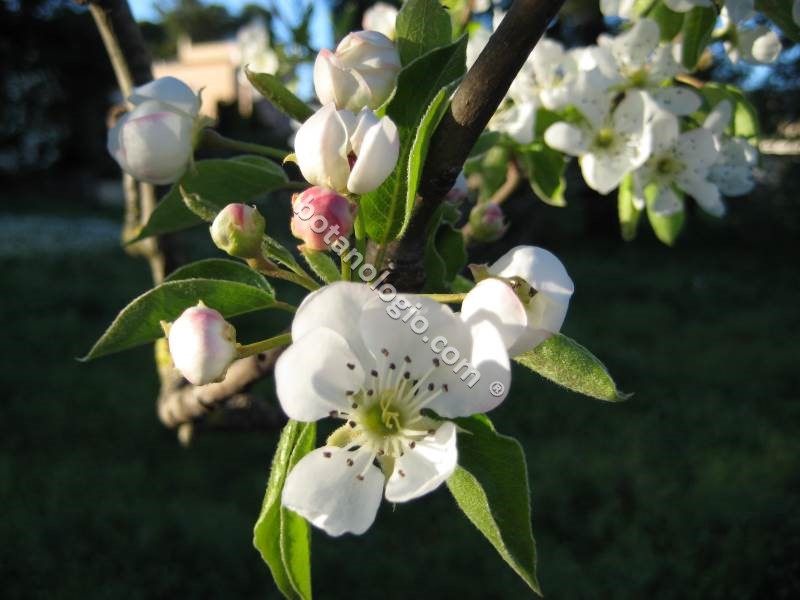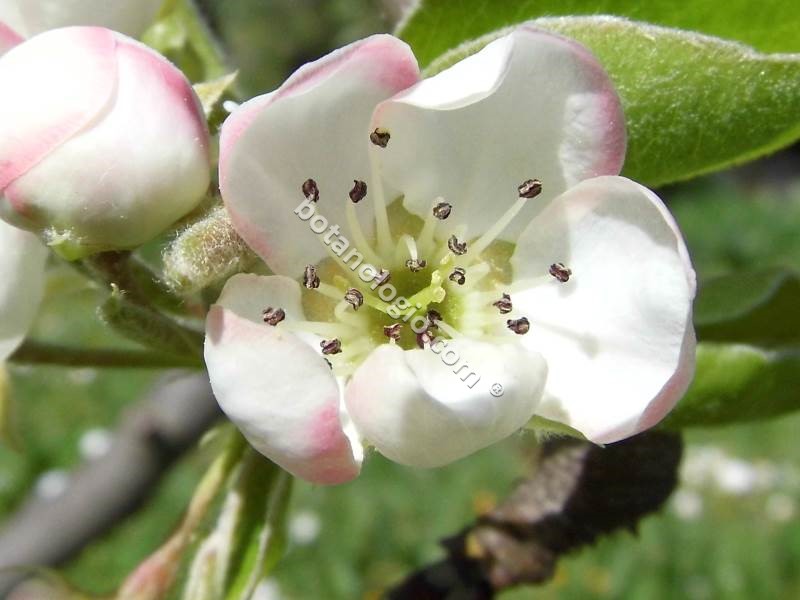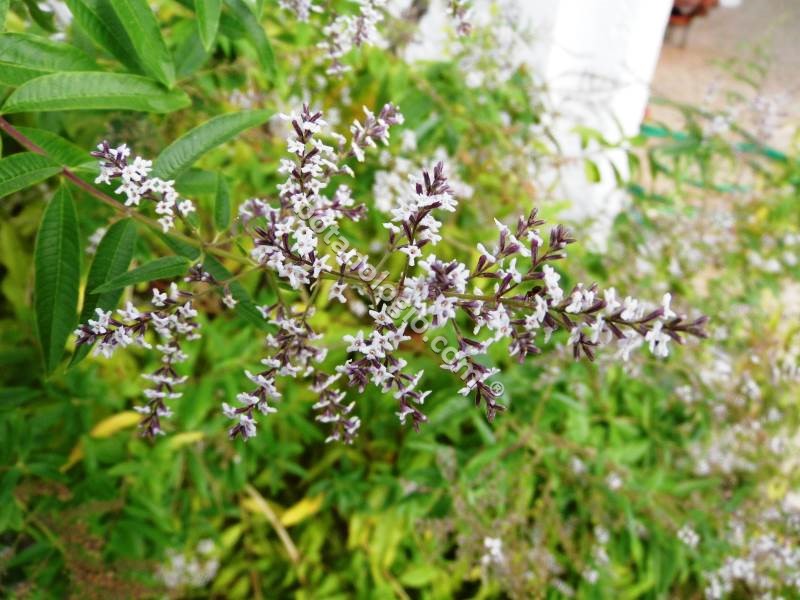The herbs in our lives!

It’s been a while that herbs have made their way back in both our diet and as a choice of treatment and prevention. Many refer to herbs and derivatives as another trend in fashion. But is this the reality?
It is true that herbs lost their value when the first chemical pharmaceuticals appeared. The reason is simple, as the action was immediate and effective. But there can also be a trap of pharmaceuticals. Along with the appearance of chemical medicine, urbanization has also taken place, removing man from nature. As a result, in less than a century, the herb’s benefit in the overall health of man has been forgotten.
Nowadays, as technology progresses, more and more studies confirm the contribution of herbs not only for the treatment but also for the prevention of many diseases and the physical stimulation of the organism. At the same time, the widespread global environmental pollution, the sharp increase in degenerative diseases and the constant scandals about mutant foods and the dubious chemical composition of medicines have created a climate of suspicion for the consumer.
On the other hand, of course, if we want to include herbs in our daily diet, it is good to keep up-to-date, and to know what we consume and for what therapeutic purpose. Equally important is not to fall into the trap of “miraculous” herbs and herbal medicines. It’s more likely to be a miraculous herb as a placebo effect, as the treatment by consuming herbs in any form, takes time and patience to have results.
Looking for information about herbs and spices, about their therapeutic and cosmetic properties, there are a number of factors to consider. Here are some examples:
- a herb with 10 healing properties, is not as effective in all its properties. For example, you will discover that the majority of herbs have diuretic properties. But they are not all just as effective. Dandelion is considered one of the best, as it complements potassium, which is excreted during urination. While if you need detoxification or protection and treatment of kindney or liver infections and diseases, nettle and wild rose are ideal.
- a herb that is considered very good does not mean it is good for you as well. You have to experiment to find out which herb most suited your body and tastes. Spirulina, for example, offers plenty of vitamins in the body and detoxifies effectively, but a low-weight person will have side effects such as fatigue, trembling and diarrhea.
- when you find 5 herbs with the same qualities you want, you do not need and should not consume all of them. It’s not just because you exaggerate the consumption, but even more important is that many herbs do not work together. As a result, instead of boosting the action, you cancel it.
- prefer to take the herbs in their original form and prepare the combinations yourself. You can never know for sure which herbs are included in herbal mixtures as well as you do not know which parts of the herb have been included. Aleaf of calendula instead of the flower is not going to hurt you but it does not offer the beneficial properties of the flower.
calendula, Dandelion, greek herbs, herbs, Medicinal herbs, nettle, therapeutic herbs, wild rose
